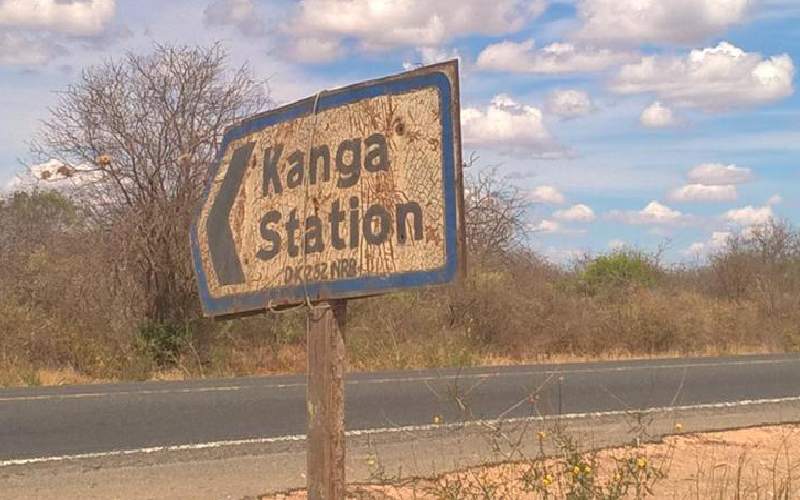
A day after four decomposing bodies were found in the Tsavo National Park on February 1, 2020, two more were recovered in the same park. Earlier, human rights body Haki Africa had raised concerns over the disappearance of four individuals alleged to have been picked by police officers from the Anti-Terror unit on November 30, 2019 and December 12, 2019.
Preliminary investigations showed that the bodies, even in their state of decomposition, exhibited signs of torture, burns, gagging and strangulation. In March 2019, six decomposing bodies were found dumped in the same park by Kenya Wildlife Service rangers. Similarly, the bodies showed signs of torture and five of the bodies still had ropes around their necks.